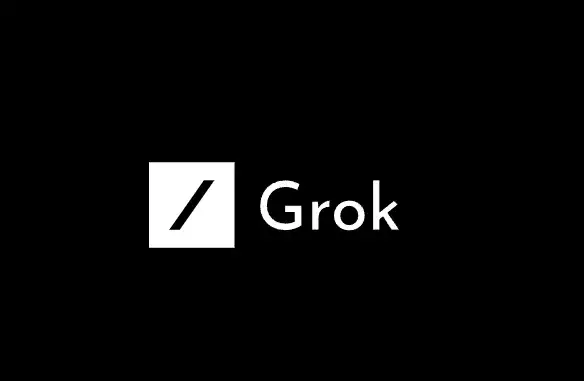The recent launch of Elon Musk’s AI chatbot, Grok, marks a significant step in making generative AI more accessible to the wider X user base. Previously restricted to a mere fraction of Premium subscribers, all users can now leverage Grok’s functionalities, such as generating images, analyzing posts, and producing witty or satirical responses. While this feature set appears enticing, one must question the practical implications of such tools in a social media context. Are these capabilities enriching the user experience, or are they veering away from the core principles that define social engagement online?
As social media platforms morph into entities filled with algorithmically curated content, the incorporation of AI into these ecosystems raises an essential query: Does the advent of AI truly enhance social interaction, or does it undermine the essence of digital communication? Traditionally, social media serves as a space where human voices share thoughts and stories, empowering individuals on a global scale. Yet, the recent trend of employing AI to draft posts or generate digital imagery seems counterproductive. It may inadvertently dilute authentic user engagement, reducing the richness of diverse individual interactions to sterile, machine-generated content.
This shift brings forth a complex dichotomy within the meaning of “social” interaction. While algorithms may facilitate content sharing, they cannot replace the nuance and depth that accompany human connections. If individualized expression and genuine interaction are the core goals, then leaning heavily on AI-generated content produces a disconcerting outcome—social media could risk becoming a platform for echoing AI rather than fostering authentic human voices.
Despite apprehensions about AI’s role in social media, it is essential to recognize the real advancements generative AI can bring to various professional domains. For instance, in sectors like law, where nuanced insight and critical thinking are paramount, AI can serve as a valuable tool to streamline research, provide new perspectives, and enhance argumentative strategies. Nevertheless, the efficacy of these tools rests on the foundational knowledge and analytical capabilities of the user.
Consequently, while AI can enhance the productivity of experts in their fields, it is unlikely to democratize expertise or transform novices into proficient professionals overnight. The removal of the human factor may lead to a misleading sense of competence, instead of fostering real growth and understanding. Generative AI remains an assistive tool, augmenting human efforts rather than replacing them, which poses significant questions about its application within a highly social medium like X.
The frenzy surrounding artificial intelligence spurs contention about its potential to revolutionize various sectors. Critics challenge the notion that AI could replace an array of jobs or think independently. Current AI is fundamentally reliant on pre-existing data and does not possess the capability to truly understand or innovate in the way humans do. As we assess the future landscape of AI, it is crucial to manage expectations and maintain a realistic perspective on what AI technologies can deliver.
While the hype surrounding Grok and similar technologies might suggest a coming revolution in social media platforms, the underlying reality indicates potential for only limited and niche applications. Users may find some enjoyment in the novelty of AI-generated content, but it is difficult to envision a future where reliance on such technology becomes the norm for meaningful digital engagement.
In considering the broader impact of Grok on user engagement, skepticism looms regarding its long-term relevance. Although features like trend analysis might cater to a specific audience, the average user is less likely to find significant value in the ongoing integration of AI-driven content generation within their social media experience. How often will everyday users prefer a chatbot’s automated assistance over genuine interactions with human counterparts? The novelty factor may hold initial appeal, but sustaining engagement in the face of unrelenting digital noise represents a daunting challenge.
Moreover, as platforms heavily invest in enhancing user experiences through AI, the core question persists: Does the novelty translate into meaningful connection? Users ultimately seek relatable experiences that foster community and individual expression—qualities inherently lacking in AI interlocutors. As social media evolves, striking a balance between technological advancement and genuine social interaction remains imperative. In the end, tools like Grok must not lose sight of the human experience that defines these platforms.
The advent of AI technologies such as Grok introduces new dimensions to user engagement on social media, but the implications of these changes must be critically examined. The potential for AI to enhance workflows and efficiency is undeniable, yet the risk of impersonal interaction and content homogenization cannot be overlooked. As technology continues to shape the landscape of communication, it is essential for users and developers alike to prioritize and uphold the essence of authentic human connection. AI-generated content may have its place, but only time will reveal its true value in the ever-evolving realm of social media.


Leave a Reply